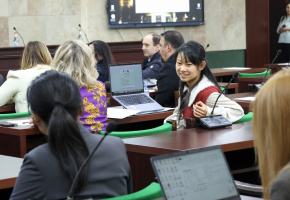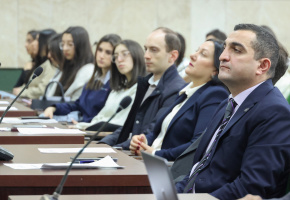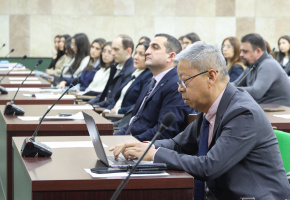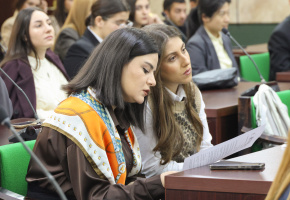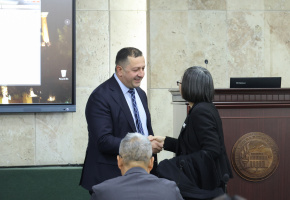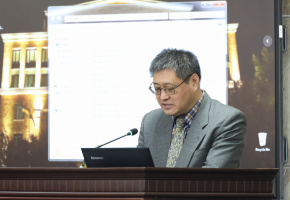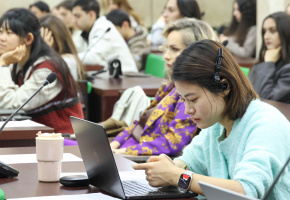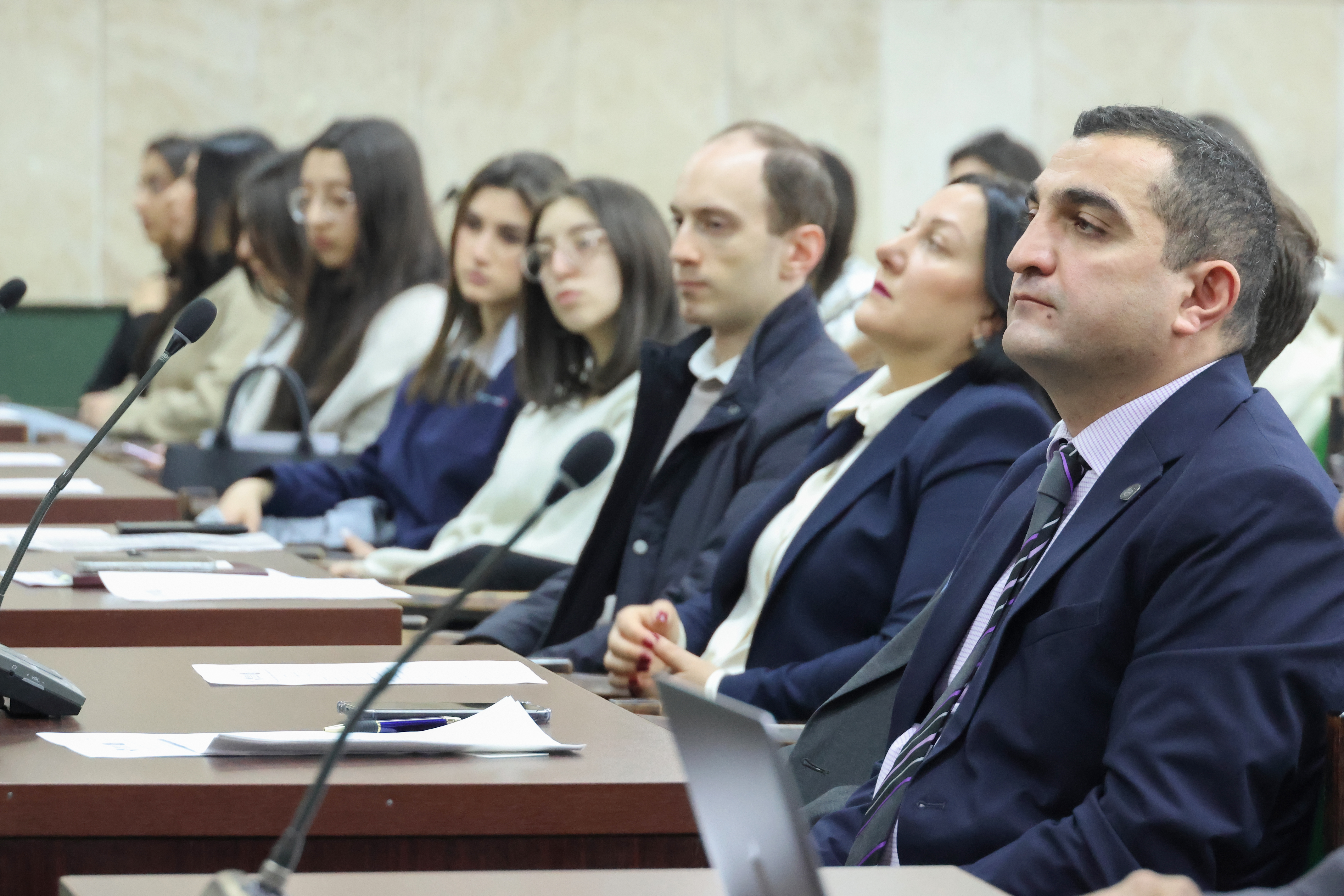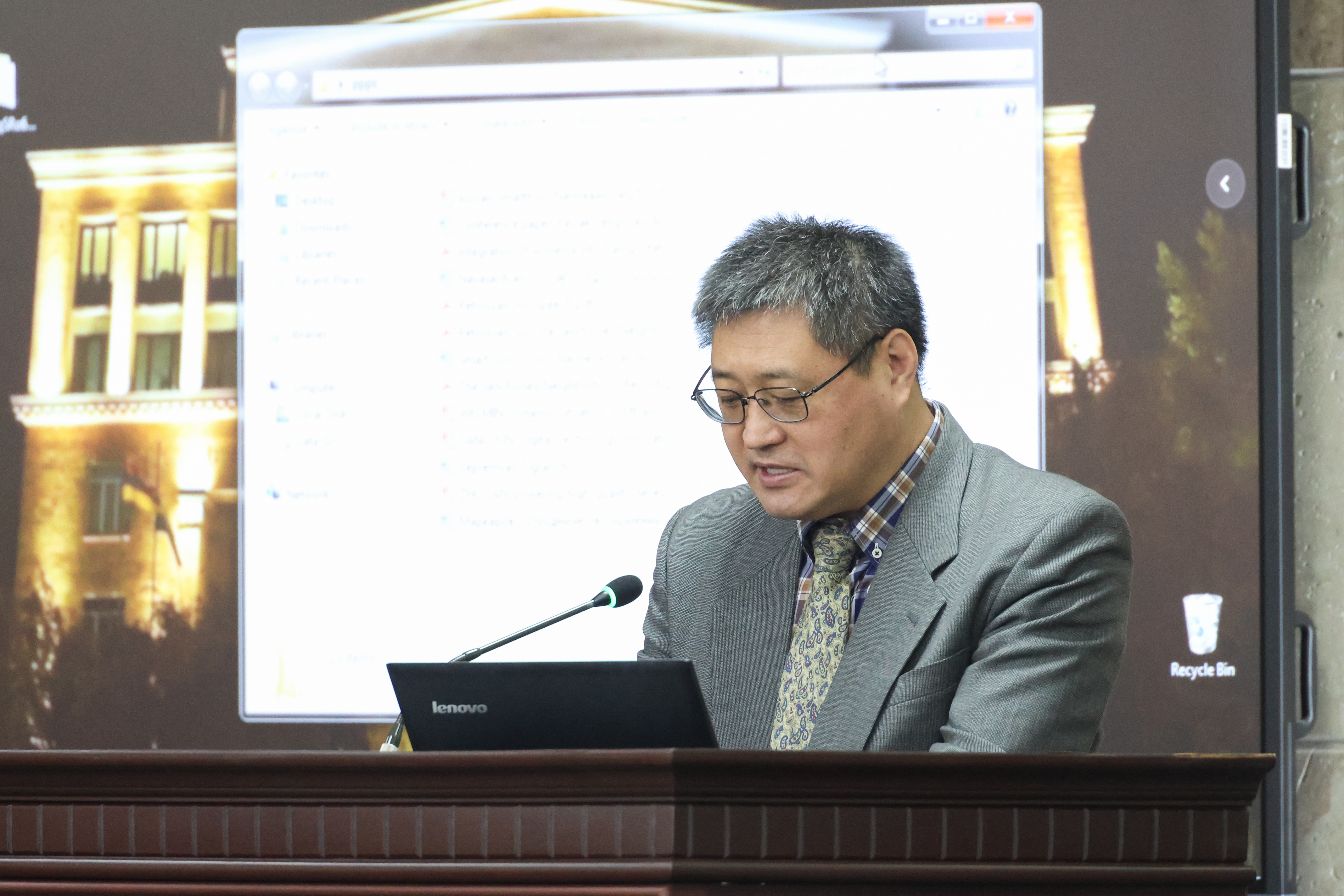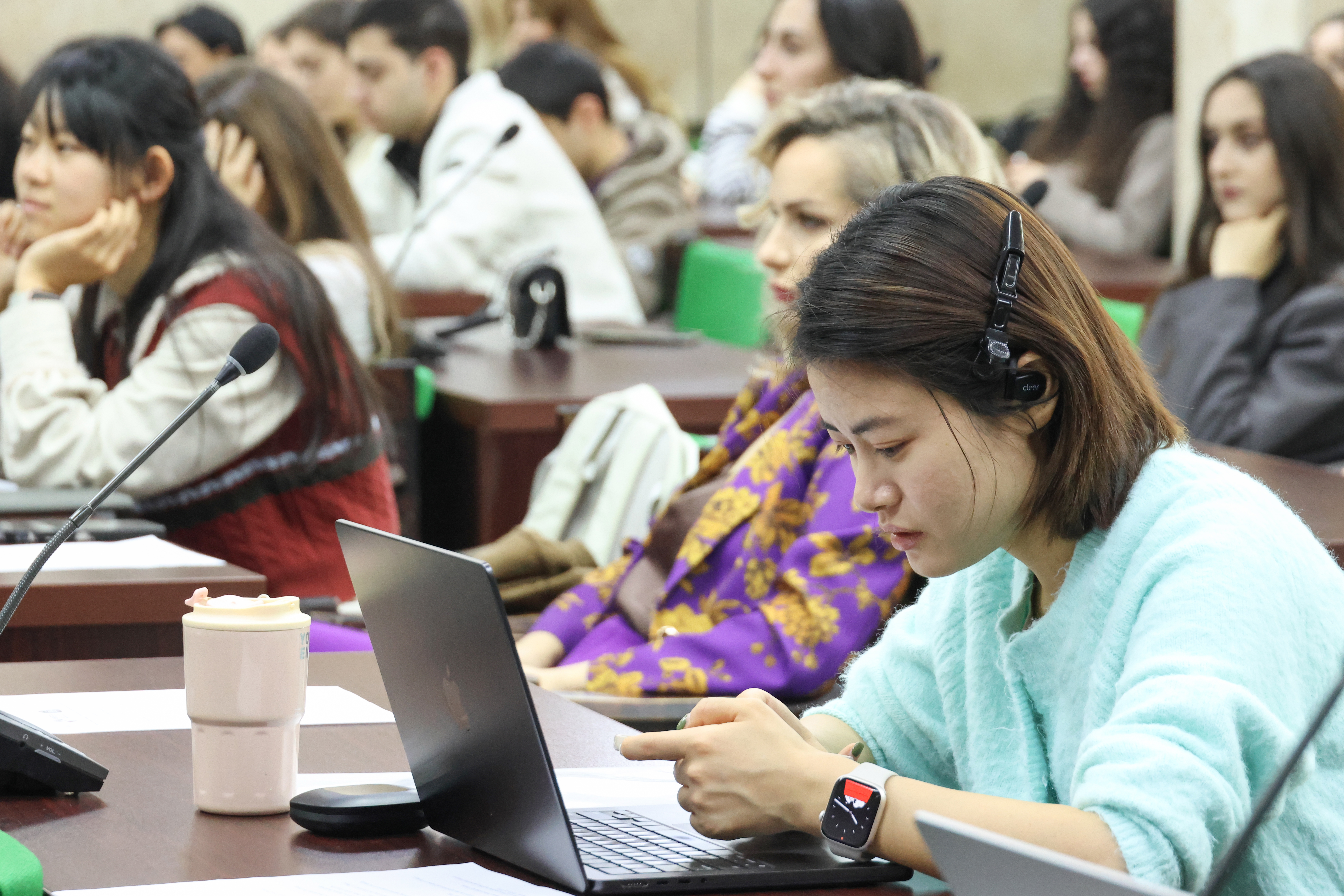November 25, 2025 | 17:00
Conferences
International cooperation
Policy
Prospects for China–Armenia strategic partnership discussed at Armenian–Chinese conference
An international conference titled "China–Armenia Strategic Partnership: Connotations and Prospects" was held at Yerevan State University. The event was jointly organized by YSU, the Institute of Russian, Eastern European and Central Asian Studies at the Chinese Academy of Social Sciences, and the Institute of Oriental Studies at the National Academy of Sciences of Armenia (NAS RA).
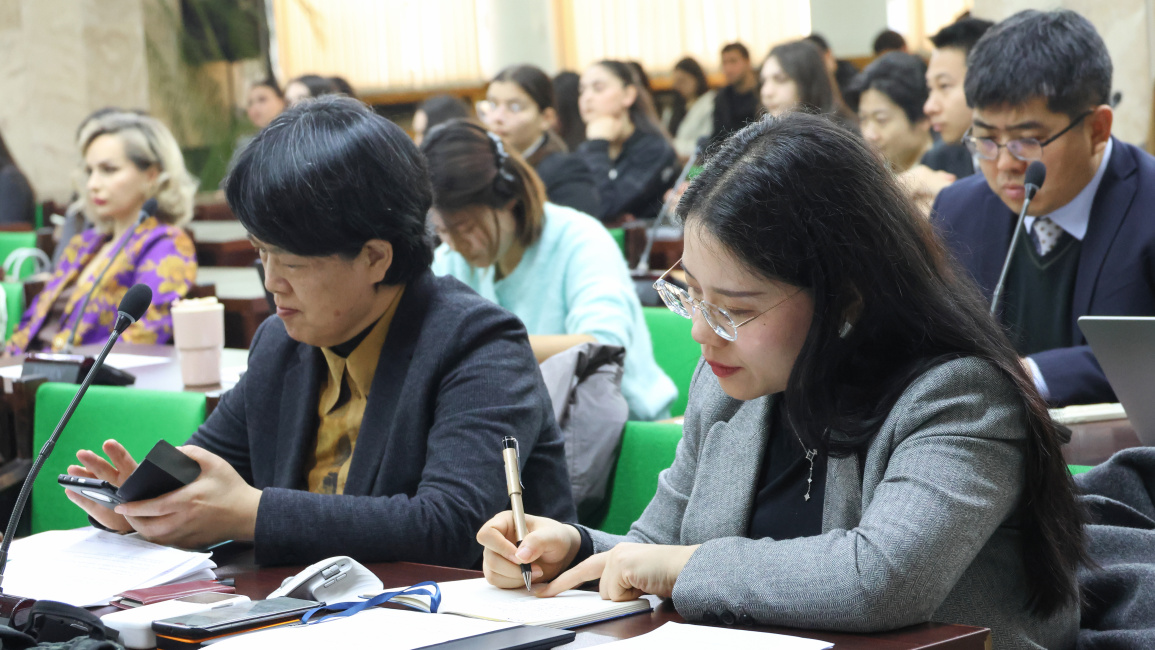
During the conference, participants discussed a broad range of topics, including ongoing changes in the Middle East and the adjustment of Turkey's regional strategy and its implications; China and Eurasian intercontinental routes; China's strengthening position in global geopolitical and geo-economic processes; key challenges in the development of Armenia's international transit routes; and Armenia's engagement in the activities of the Shanghai Cooperation Organization. In addition, several reports were presented on Armenia–China relations.
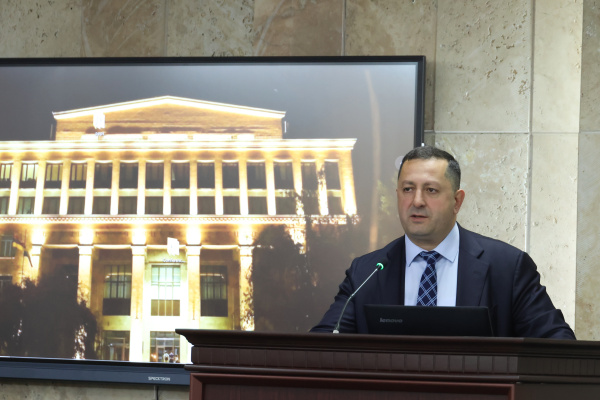
YSU Rector Hovhannes Hovhannisyan, speaking about the partnership between Armenia and China, emphasized, "It is worth reiterating that the cooperative ties between Armenia and China have centuries-old roots. Since ancient times, our two nations have maintained close cooperation, beginning with the Silk Road, which today is known as the Belt and Road Initiative."
The rector noted that Armenia's current policies align with the Belt and Road Initiative, making it essential to continue cooperation in this direction, especially in light of major developments in transport infrastructure.
Hovhannes Hovhannisyan also highlighted China's strong interest in the North–South Road Corridor, which may serve as a vital link between East and West, connecting China with Europe and the Far East—an area where Armenia holds an important geopolitical position.
"I think the new generation has much to accomplish in the future; they should make every effort to learn more about China and Armenia–China relations, as well as to master the Chinese language. Today, China's universities rank among the world's leading institutions," the rector said. He added that students can benefit from programs offered by the Armenian government, allowing them to continue their studies at Chinese universities, enrich their knowledge, and contribute to the development of Armenian–Chinese relations upon their return.
"Many YSU professors, students, and administrative staff members have had the opportunity to visit China, to see how China is developing, and to explore how we can build more effective cooperative ties in the future. I can confidently say that this process will be ongoing," Hovhannes Hovhannisyan added.
He also referred to the activities of the YSU Center for Chinese Language and Chinese Culture, operating within the Faculty of International Relations: "The center is a place where our students can deepen their knowledge of the Chinese language and culture, as well as gain insight into China's policies."

Director of the Institute of Oriental Studies at NAS RA, Gohar Iskandaryan, stressed that their institution has maintained long-standing, close, and constructive ties with the Institute of Russian, Eastern European and Central Asian Studies at the Chinese Academy of Social Sciences.
"A cooperation agreement has been signed between our two institutions, providing a solid foundation for active academic collaboration. We highly value China's expanding role in our region and are confident that broadening analytical and academic cooperation will contribute to deepening relations between our two countries and establishing stable cooperative ties."
Gohar Iskandaryan referred to the joint statement signed in August between the Republic of Armenia and the People's Republic of China on establishing a strategic partnership, noting that it opens up new prospects for researchers and academic staff in both countries.
"Armenia also attaches great importance to cooperation with the Shanghai Cooperation Organization, consistently ensuring its participation and stronger cooperation within this framework. I believe that this conference is yet another significant step toward enriching the academic collaboration, reinforcing strategic dialogue, and advancing research initiatives for the benefit of both countries," she concluded.
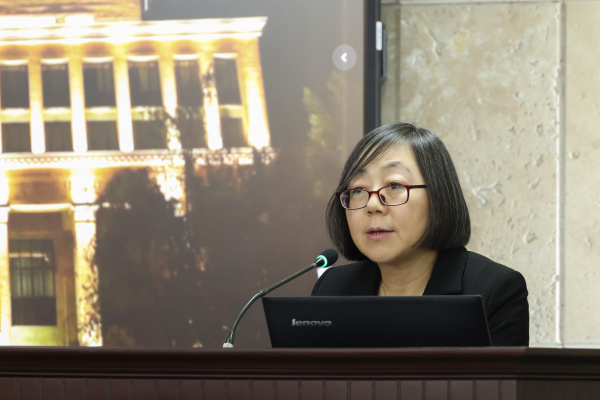
Deputy Director of the Institute of Russian, Eastern European and Central Asian Studies at the Chinese Academy of Social Sciences, Jin Zhe, opened her remarks by highlighting Armenia as an ancient state of the South Caucasus distinguished by its rich history, civilization, and vibrant, unique culture.
"Since Armenia's independence, the country has achieved noticeable economic and social development. Over the past decade, Armenia's economy has grown considerably, particularly in the industrial, communications, and technological sectors," she said.
According to her, since the establishment of diplomatic relations between Armenia and China in 1992, the two countries have cooperated closely across all fields. Armenia was among the first states to join China's Belt and Road Initiative. The bilateral statement on establishing a strategic partnership, signed in China in August, marks a new stage of mutually beneficial cooperation. Within the framework of this partnership, the sides will also deepen collaboration through the Belt and Road Initiative and the Crossroads of Peace project.
Jin Zhe also spoke about Armenian-Chinese trade and economic relations, noting that bilateral trade has grown significantly in recent years.
She emphasized that the Institute of Russian, Eastern European and Central Asian Studies is genuinely interested in establishing cooperation with Armenian partners—particularly YSU and the Institute of Oriental Studies at NAS RA—to conduct joint research and achieve high-quality results.
